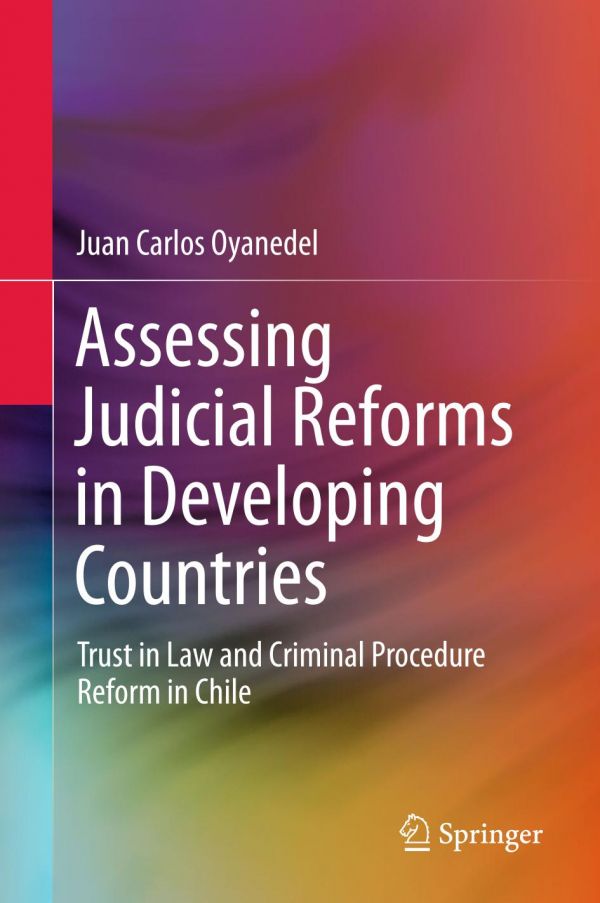

Most ebook files are in PDF format, so you can easily read them using various software such as Foxit Reader or directly on the Google Chrome browser.
Some ebook files are released by publishers in other formats such as .awz, .mobi, .epub, .fb2, etc. You may need to install specific software to read these formats on mobile/PC, such as Calibre.
Please read the tutorial at this link: https://ebookbell.com/faq
We offer FREE conversion to the popular formats you request; however, this may take some time. Therefore, right after payment, please email us, and we will try to provide the service as quickly as possible.
For some exceptional file formats or broken links (if any), please refrain from opening any disputes. Instead, email us first, and we will try to assist within a maximum of 6 hours.
EbookBell Team

4.8
104 reviewsThis book examines how judicial reform can be effectively assessed through a procedural justice approach. It provides a practical framework for assessment of judicial reform, examining a successful reform in Chile through large scale surveys and longitudinal research.
Judicial reform is a key element to democratization and modernization processes in the developing world. Practitioners have struggled with ways to analyze the effects of judicial reform, and to define success. Procedural justice theorists propose that people will obey the law if they consider it fair; this affects willingness to collaborate with the police and the courts, and the general approach that the public has towards social regulations. Judicial reforms such as criminal procedure reforms, which explicitly guarantee the development of a fairer judicial process, represent a scenario that puts these theoretical assumptions to the test. With policy recommendations and applications for international judicial reform, this book tests the real conditions of a procedural justice approach with empirical assessment and analysis.
With implications for Latin America and countries undergoing judicial or political reforms worldwide, this book will be an important resource for researchers, policy makers and all those interested in the analysis of judicial reforms, democratization processes and the psychology of justice.